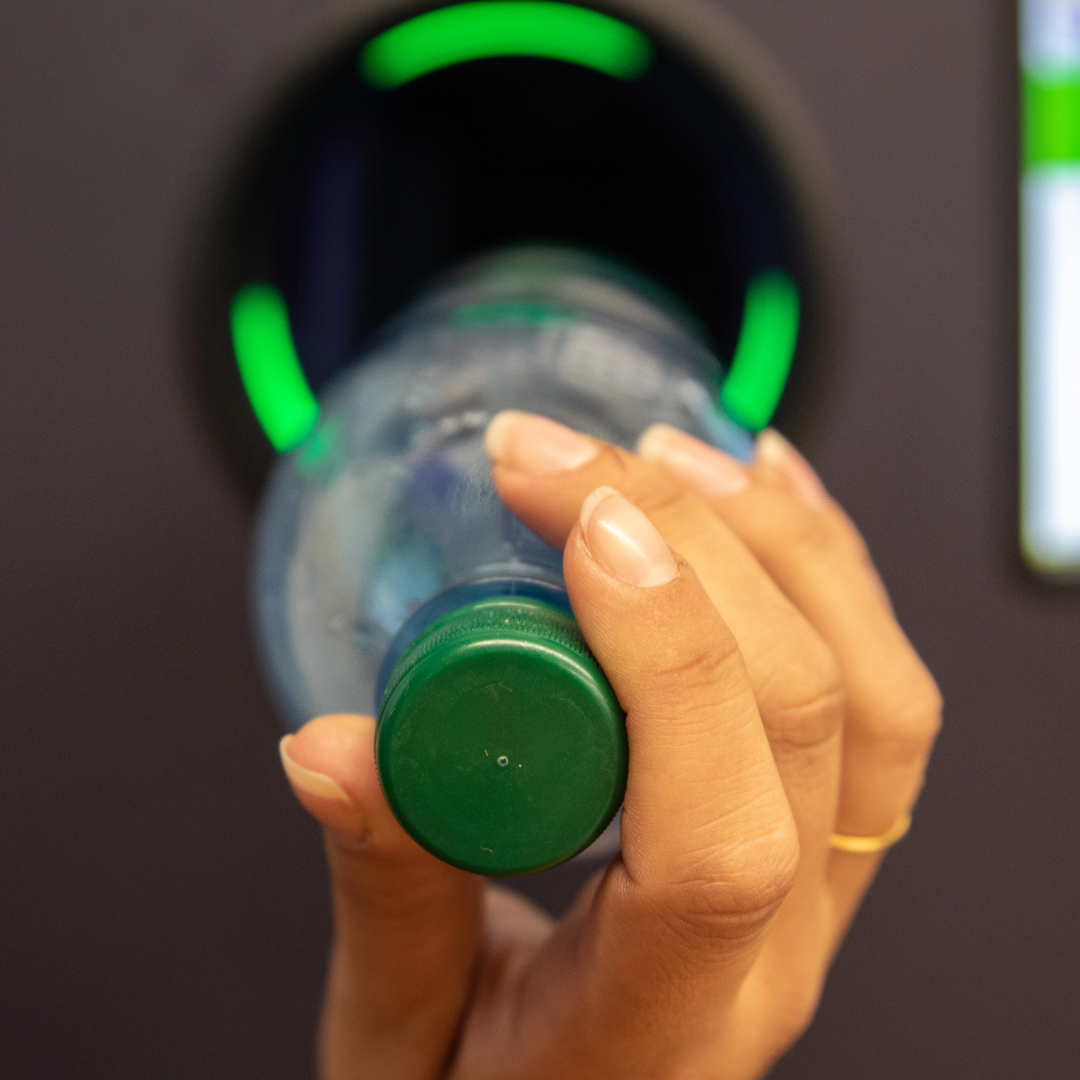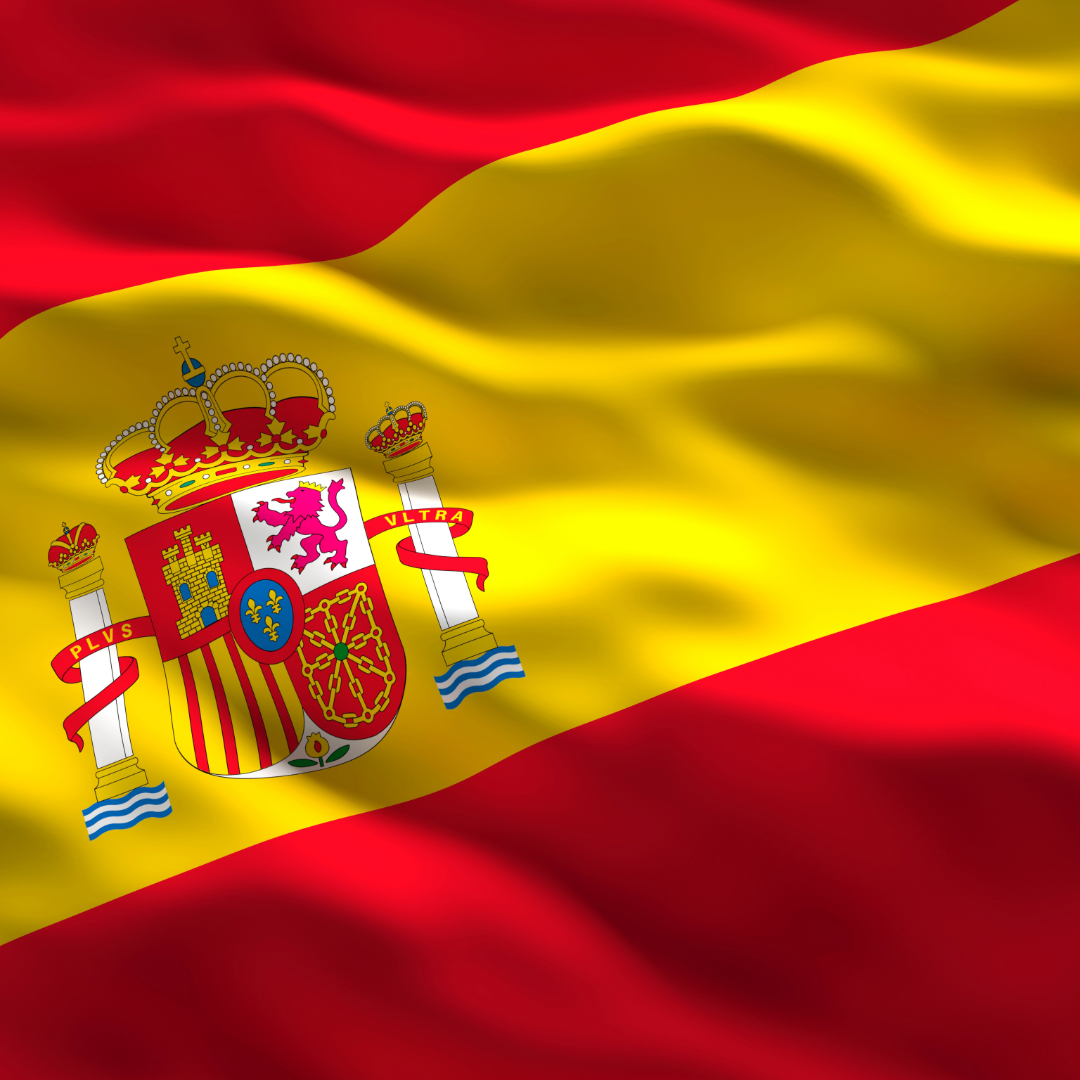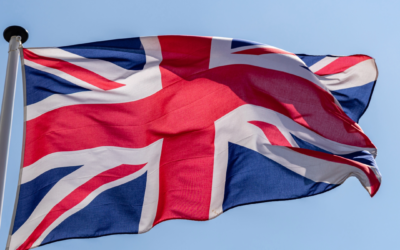Bottle deposit in Spain from 2026: How the new system will work
In some European countries, deposit systems for single-use beverage containers are already well established to improve recycling rates and return valuable materials to the circular economy. Now, Spain aims to follow suit by November 2026. The discussion revolves around the introduction of a deposit system for single-use beverage packaging.
For companies selling beverages in Spain, as well as for consumers, key questions arise: How will the system function, and what impact will it have on the market? This article takes an in-depth look at the background, planned regulations, and challenges associated with the introduction of the deposit system in Spain. Additionally, we compare the Spanish system with other European models and highlight opportunities for businesses and the environment.



Introduction of the bottle deposit in Spain: an overview
Spain is planning to introduce a nationwide deposit system for single-use beverage containers (SDDR – Sistemas de Depósito, Devolución y Retorno), which is set to take effect in 2026. Similar to Germany, the nationwide deposit, return, and recycling system for beverage packaging aims to significantly increase the recycling rate of plastic containers. The introduction of the deposit system is a response to years of pressure from environmental organizations such as Greenpeace, with Spain aiming to recover up to 90% of single-use beverage containers.
The new system is expected to apply to plastic bottles, cans, and glass bottles up to 3 liters in volume, initially covering water, beer, and soft drinks. Returns will be possible both manually and via automated machines. The system will be financed by the beverage industry and retailers as part of the extended producer responsibility (EPR) framework.
Background and Goals of the Spanish Deposit System
Why is Spain now introducing a deposit system? The country lags significantly in recycling single-use beverage packaging. In 2023, only about 41% of plastic containers were correctly recycled, falling well short of the target collection rate of 70%.
The current Spanish system, which relies on yellow recycling bins, has proven insufficient. Of the 51 million beverage containers generated daily in Spain, only around 20 million are properly recycled. The planned SDDR deposit system aims to:
-
Increase the recycling rate to 90-95%
-
Reduce waste in yellow recycling bins by 15%
-
Meet EU regulations, which require a 70% recycling rate by 2025 and 90% by 2029
The Spanish government is compelled to act, as the country failed to meet EU targets for 2023. Spanish law mandates that if recycling goals are not met within two years, a nationwide deposit system must be introduced.
Details of the planned system in Spain
The new deposit system in Spain is set to take effect from November 2026 for single-use beverage containers made of plastic and aluminum. Consumers will pay a deposit when purchasing these beverages, which will be refunded upon returning the empty packaging. Collection points will be established nationwide, including supermarkets and other retail outlets, which must provide return machines or collection points. The exact deposit amount has not yet been determined but will likely be aligned with existing systems in other European countries.
For companies selling beverages in Spain, the deposit system introduces new obligations. They will need to contribute to the organization and financing of the system. Implementation details will be further developed in the coming months to ensure a smooth launch.
The planned Spanish deposit system already includes a range of regulations:
Affected packaging:
-
Plastic bottles and cans up to 3 liters
-
Covers water, juices, soft drinks, energy drinks, and alcoholic beverages
Deposit amount:
-
At least 10 cents per unit
Return options:
-
Manual returns or automated return machines
-
Retailers and supermarkets can choose their preferred system
Labeling:
-
Special markings for SDDR packaging to prevent misplacement in waste streams
Financing:
-
Funded by the beverage industry and retailers under the extended producer responsibility framework
Effects and challenges of the bottle deposit in Spain
The introduction of a deposit system brings both environmental and economic changes. With a higher return rate for single-use containers, recycling rates are expected to increase significantly, and environmental pollution from discarded bottles and cans will be reduced. Additionally, a more stable market for recycled materials will emerge, contributing to long-term resource conservation. It is anticipated that fewer plastic bottles will end up in nature, especially in tourist hotspots like Mallorca.
For companies selling beverages in Spain, the system also entails new responsibilities. They must contribute to funding, organize collection and sorting, and adapt to changed logistics processes. Retailers will need to allocate space and resources for return machines, which poses a particular challenge for smaller stores.
For the deposit system to succeed, it must be both feasible for businesses and easily accessible for consumers. The infrastructure for returns – such as supermarket machines – must be in place in time. It also remains to be seen how the new system will integrate with existing recycling structures.
Spain in comparison with other European deposit systems
With its planned deposit system introduction in November 2026, Spain is at the beginning of a development that is already well established in many European countries. Compared to pioneers like Germany, which has had a comprehensive deposit system since 2003, or Scandinavian countries, where deposit systems have existed since the 1990s, Spain lags behind. Countries such as Croatia, the Netherlands, Austria, and the Baltic states have also successfully implemented deposit systems, achieving high return rates of over 90%.
While Germany operates a centralized, mandatory system with uniform deposit amounts (25 cents for single-use bottles and cans, 15 cents for most reusable bottles, 8 cents for reusable beer bottles), other countries use different models. Scandinavian countries often apply tiered deposit fees based on packaging size, while Lithuania and Latvia have successfully tested digital return systems.
Other Southern European countries like Portugal and France are in a similar position to Spain, only just beginning to establish deposit systems. Spain’s introduction could serve as a catalyst for further EU nations such as Italy, aligning with the broader European trend towards improved recycling rates and compliance with EU directives.
Conclusion: Opportunities and prospects for the bottle deposit in Spain
The planned introduction of the deposit system in Spain presents both opportunities and challenges for the country. By implementing the system, Spain takes an important step toward a circular economy, with the potential to significantly improve recycling rates, reduce public space pollution, and recover high-quality secondary raw materials for industry.
At the same time, businesses and retailers face new challenges. Integrating the deposit system into existing structures, establishing return points, and adapting logistics processes will require time and investment.
In the long run, however, the deposit system offers clear benefits: it can strengthen recycling infrastructure, conserve resources, and bring Spain in line with the successful models of other European countries.

LIZENZERO.EU makes packaging compliance in Europe very easy.
Do you ship your products to different countries in the EU? Many different legal requirements and obligations can make the whole thing quite complicated – but don’t worry, we’ll do it for you. How do we do it? With our licensing service, we take over all obligations for you by power of attorney. Sounds good? We’ll be happy to advise you.
For shipping to Germany, you can easily fulfill your packaging obligations yourself via Lizenzero.de.
EPR in Switzerland – Recycling for businesses
Clear EPR obligations already apply in many European countries. Manufacturers and retailers are responsible for the entire life cycle of their packaging and must register with the relevant national systems and pay licence fees. But what is the situation in Switzerland?
EPR UK: current obligations for retailers in relation to packaging
Extended Producer Responsibility (EPR) is a European regulation that makes manufacturers, importers and companies responsible for the life cycle of their products and packaging in accordance with the polluter-pays principle. EU countries can interpret the EPR regulations differently, which is why your obligations may vary from country to country. If you are shipping goods to the UK, you should therefore familiarize yourself with the exact regulations in the country in advance in order to avoid sanctions and be compliant. In the following article, we will give you an overview of the current EPR obligations in the UK and take a look at upcoming changes.
EPR in Portugal: Guide for manufacturers & retailers
Many European countries have packaging licensing regulations, and Portugal is no exception. Companies that deliver packaged goods to or from Portugal must ensure that they comply with the EPR regulations that apply there. But what does this mean in concrete terms? Retailers and manufacturers are obliged to register, licence and label their packaging in Portugal.





